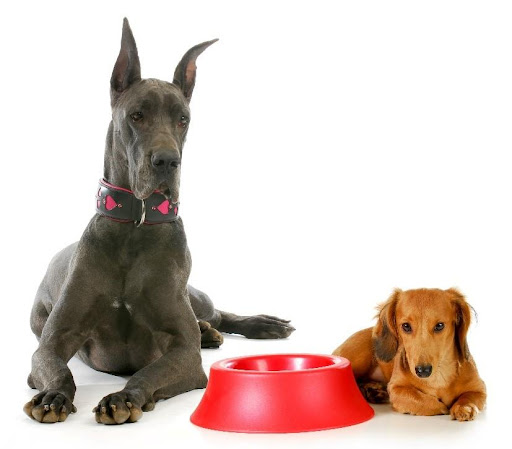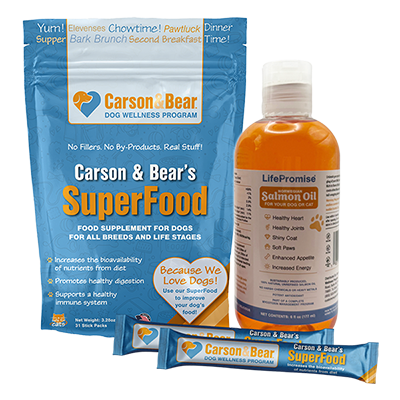Choosing the right diet for our dogs involves thinking through their individual needs. One key factor is the breed of your dog. Different breeds have different nutritional needs, and tailoring a diet to the type of dog helps ensure that your pup is happy and healthy. While you should look for foods that are labeled “complete and balanced,” it’s important to not stop there and find the diet that supports your dog’s longevity.
As we work to contribute to a world where healthier pets and people live longer together, we want to provide all pet parents with the information they need to make educated decisions about their dog’s diet and nutritional needs. One important factor to keep in mind when planning your dog’s meals is their breed and what that means for their dietary needs.

Different breeds mean different needs
Just as dogs come in all kinds, so does dog food. Dog parents know there are countless choices for food, from kibble made for specific breeds and ages to canned food for canines with special dietary needs or even fresh and raw foods that promise better nutrition for your fur baby. Essential nutrients like protein, fats, carbohydrates and minerals can be found in virtually all dog food, but finding the right balance of nutrients with quality ingredients in every meal matters. Factors such as breed, age, weight and physical activity all play a role in determining the best diet for your pooch.

Small breeds versus big breeds
In general, smaller breeds like chihuahuas and dachshunds tend to have a high metabolism and high energy. Feeding them a diet high in protein and fat will help them build muscle while keeping up with their high activity. They can also be pickier eaters than their larger dog counterparts, so being patient with finding the food that’s most palatable to them is important. Finally, small dogs need more calories per pound than bigger breeds so one option to look for is dog food tailored to small-breeds as that’s typically formulated with their needs in mind.

Larger breed dogs, such as rottweilers and Great Danes, need food that matches their nutritional needs. Even as puppies, dog parents need to take note of food formulations for their large-breed dog. Larger breeds require fewer calories per pound compared to small breeds, despite their sizes. It’s important to avoid overfeeding larger dogs to maintain a healthy weight. For example, golden retrievers are prone to being overweight but still have specific fat intake needs for their coat health.
Larger breed dogs are also prone to joint issues. For instance, German Shepherds may experience massive joint problems and need supplemental nutrition to protect their joints – all while balancing specific diet needs for their sensitive stomachs.
Supplements like salmon oil can also be a great addition to your dog’s current diet as it’s packed with omega fatty acids that have been shown to promote healthier skin, improve heart health and boost the immune system.

Your dog’s diet based on age
Puppies and senior dogs have different nutritional needs. Puppies have high energy and a higher protein requirement to match. They require food formulated for their young age. While senior dogs do not need as many calories and fat, it is vital to keep up their protein intake, if they are healthy. You also need to consider any health issues they may have before determining the proper diet.

What you can do next to create your dog’s best diet
Take a look at the ingredients in your dog’s food and evaluate what they may need based on their age, weight, breed and activity level by doing your research and talking to your vet before making any changes to your dog’s diet.

We want you to spend more healthy years with your pet so if you like what you learned today, keep an eye out for more content in the weeks to come. Stay up-to-date by visiting our website or signing up for email updates below.


